
Picture a musket in one hand and a bear hide cap on his head; that’s the version of Daniel you probably learned. But the real man was more strategist than caricature, more family man than folklore hero. His life shaped America in bold, quiet ways. Let’s pull back the curtain on myths that don’t hold up.
Wore A Raccoon Hat
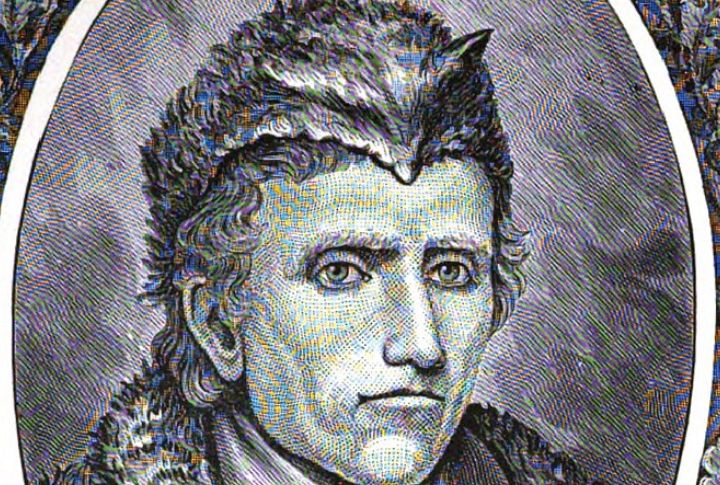
Conversation circles love this one, but Daniel preferred felt hats. He found coonskin caps too heavy and impractical. Artistic interpretations muddied facts, solidifying this image in popular media. You might picture him that way, but he never dressed like your childhood Halloween costume.
Was Born In Kentucky
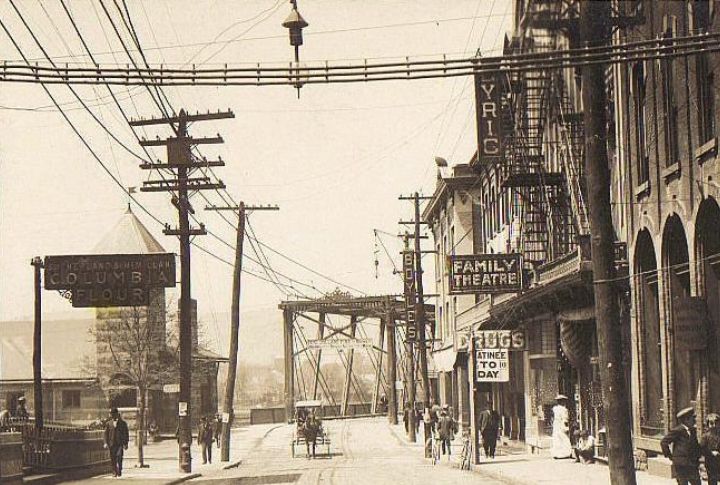
Born in Pennsylvania, not Kentucky, Daniel didn’t set foot there until adulthood. His roots were deeply Quaker and rural. Romanticized storytelling placed his origins in Kentucky to tie him to adventures there.
Was A Loner
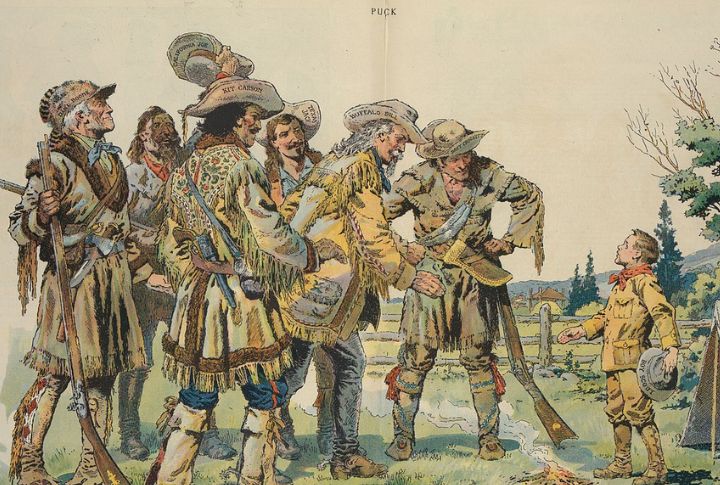
Wandering into untamed land alone makes a bold story, but Daniel preferred collaboration. His expeditions included traders, surveyors, and neighbors bound by purpose. He coordinated logistics, shared provisions, and relied on others to survive. Legend ignores how much he worked with others.
Fought The British In The Revolution
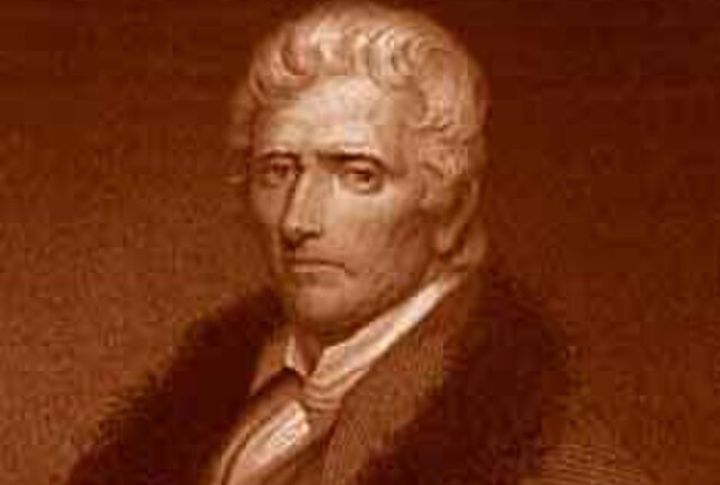
While he supported the rebel cause, Daniel’s involvement in the Revolution was mainly defensive. He protected frontier settlements and led militias, but wasn’t on battlefields like Valley Forge. He showed his patriotism through action, not uniform.
Hated Native Americans
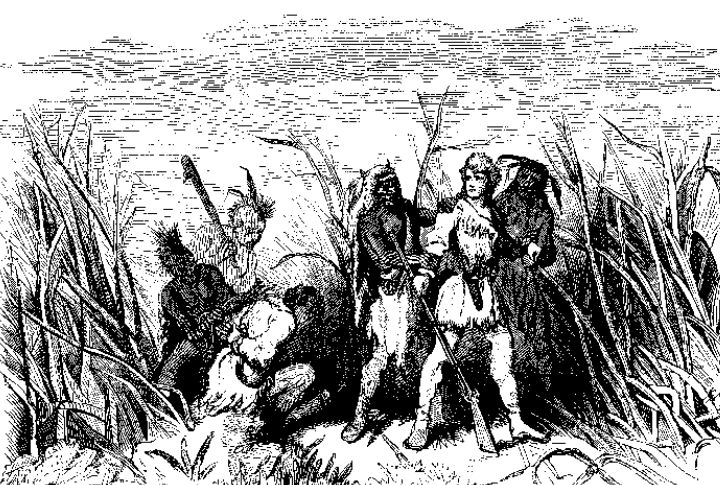
Stories cast Daniel in black-and-white terms. He fought in frontier conflicts but also respected Native customs and negotiated peace when possible. He was even adopted by the Shawnee after capture. His frontier life involved nuance, not hostility.
Was Illiterate
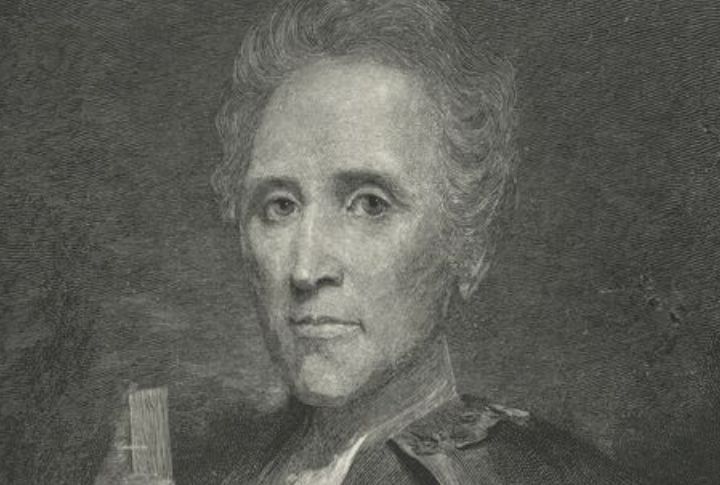
Quiet mannerisms don’t equal illiteracy. Daniel could read, write, keep journals, and sign land deeds. He passed this knowledge to his children and valued education. Though not highly educated, he wasn’t the backwoods bumpkin myths suggest.
Founded Kentucky
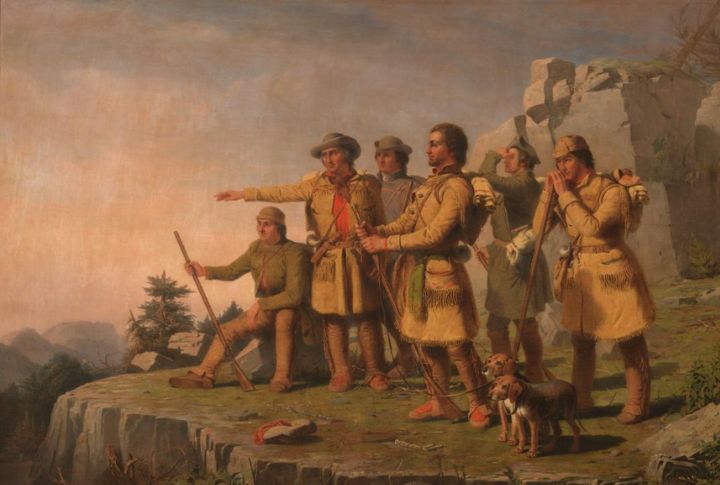
Before Daniel crossed the Cumberland Gap, Kentucky was home to Native tribes and early explorers. While he shaped settlements, he didn’t establish the settlement. His name stuck to trails, not founding myths.
Ended In Poverty And Obscurity
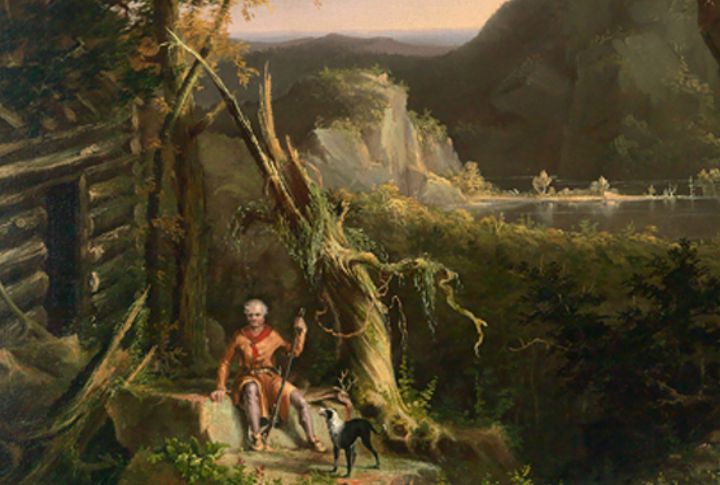
Financial troubles shadowed Daniel, but his final years in Missouri were with family. He was well-regarded as a living legend. Newspapers published his stories while he was still alive. He wasn’t forgotten or broken.
Never Got Lost
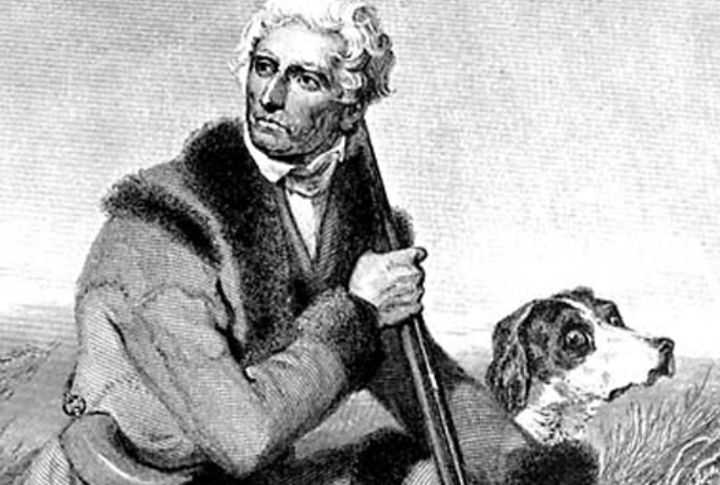
He quipped, “I can’t say I was ever lost, but I was bewildered once for three days.” Daniel knew the land well but faced disorientation. The myth of an infallible woodsman dismisses how terrain can humble seasoned explorers.
A Violent Man
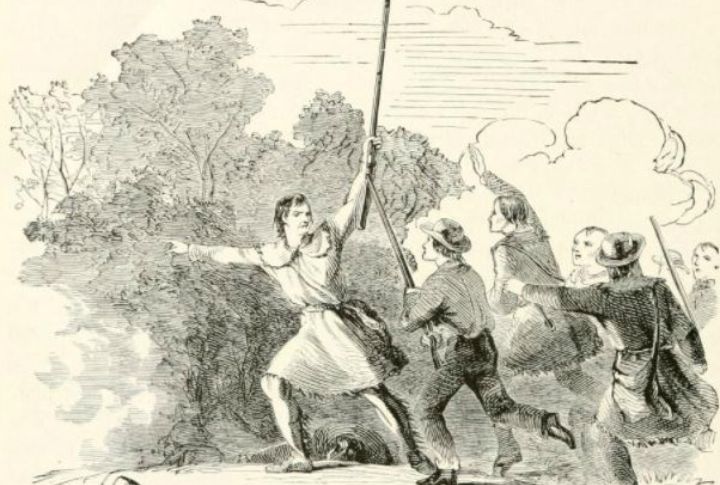
His life was tough, but brutality wasn’t his creed. Daniel defended more than he attacked, and his writings reflect survival, not bloodlust. Though he hunted and fought, violence didn’t rule him. The trigger-happy caricature doesn’t match the man behind the rifle.
Always On The Run From The Law
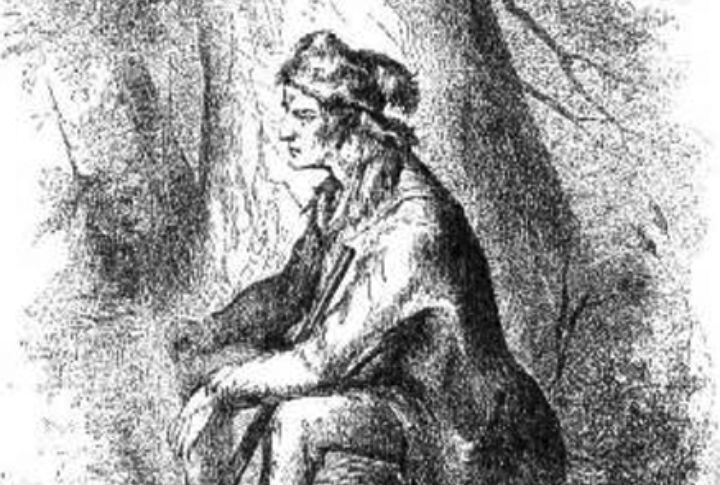
The outlaw idea doesn’t align with reality. Daniel served as sheriff, legislator, and court witness. Legal disputes over land happened, but civic involvement shows he was more lawmaker than lawbreaker.
Was A Mountain Man
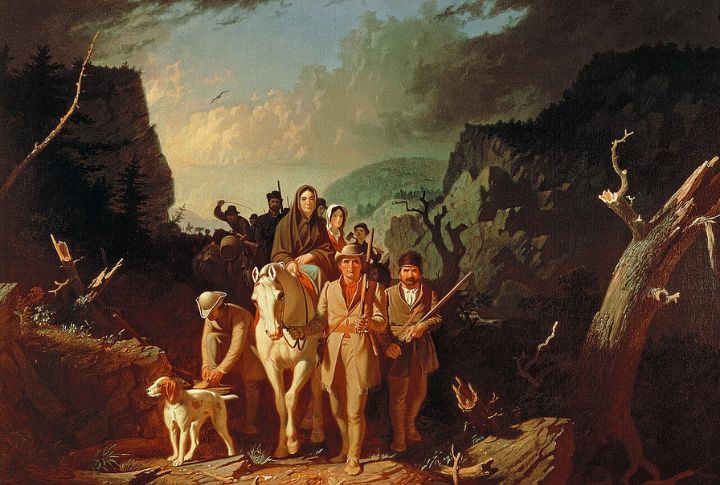
Daniel lived decades before the Mountain Men era began. He explored forests, not alpine passes. Comparing him to Jedediah Smith ignores different environments and eras. He forged trails through hardwoods, not peaks.
Only Explored For Adventure
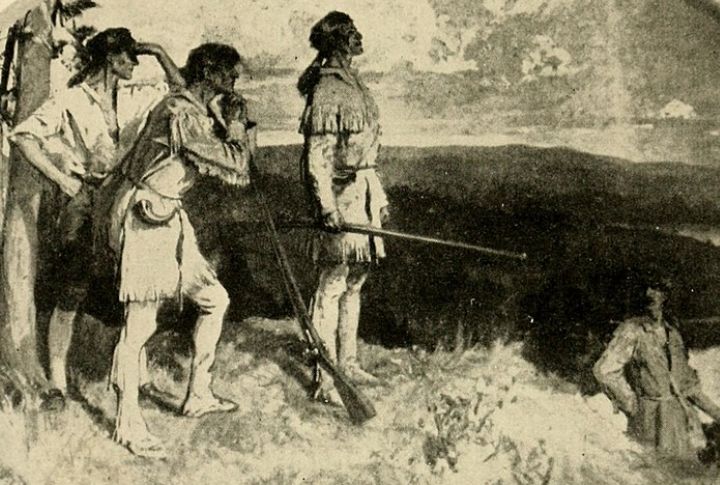
Adventure drew headlines, but Daniel had mouths to feed. He hunted for income, mapped lands for settlers, and took surveying jobs. Explorations were labor, not leisure. The wild thrilled him, but responsibility steered him more than wanderlust.
A One-State Man
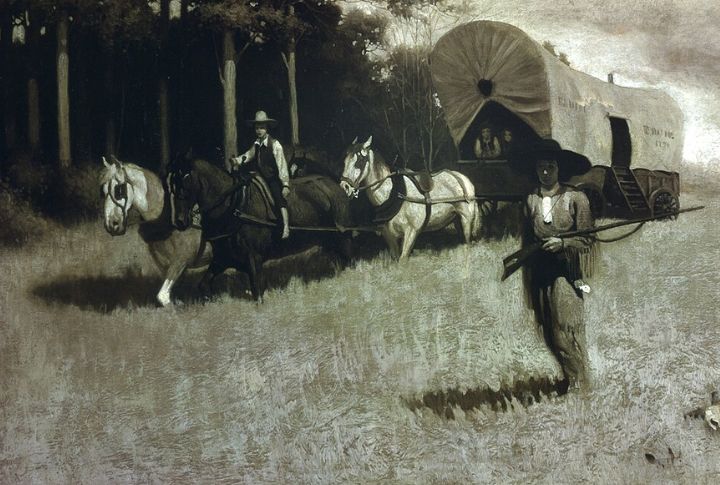
Pennsylvania, North Carolina, Kentucky, Missouri—he moved often. His travels reflect early America’s restlessness. He lived where opportunity called and survival demanded. Imagining him rooted in one place ignores his migratory reality.
Was Never Captured
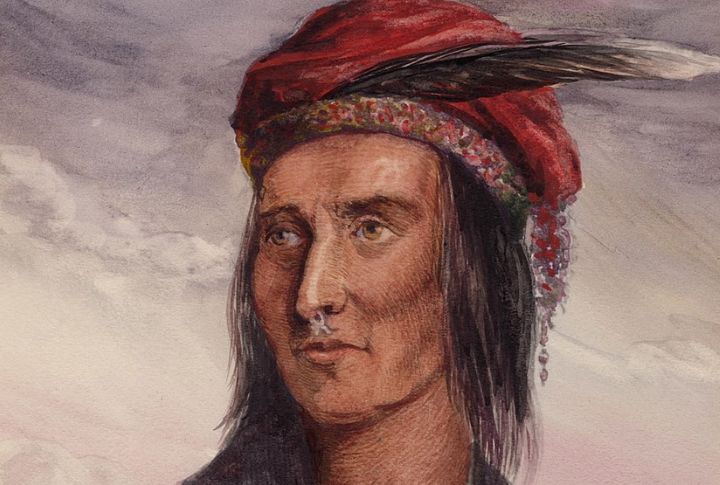
Wrong. Daniel was captured by the Shawnee in 1778 and lived among them for months. He escaped to warn his settlement and likely saved many lives. Captivity was a big factor in shaping how he saw the region and its people.
Hated Politics
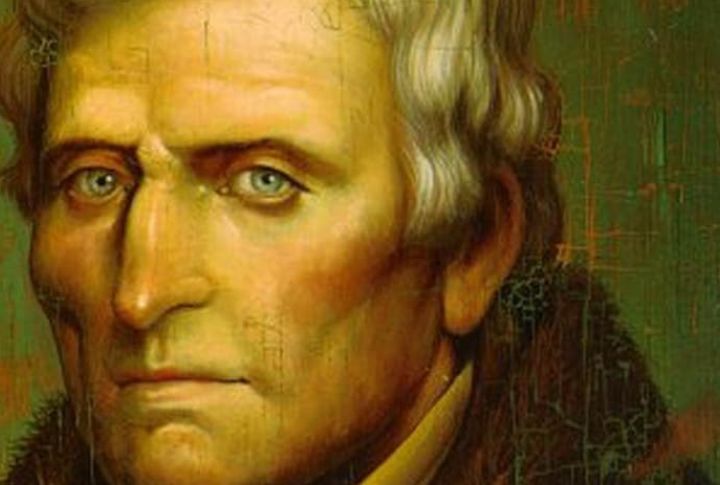
Daniel served in Virginia’s legislature and held local office. Not a polished speaker, he still had influence and used it. Suggesting he detested politics simplifies a man who knew the value of laws on a wild frontier.
Only A Hunter
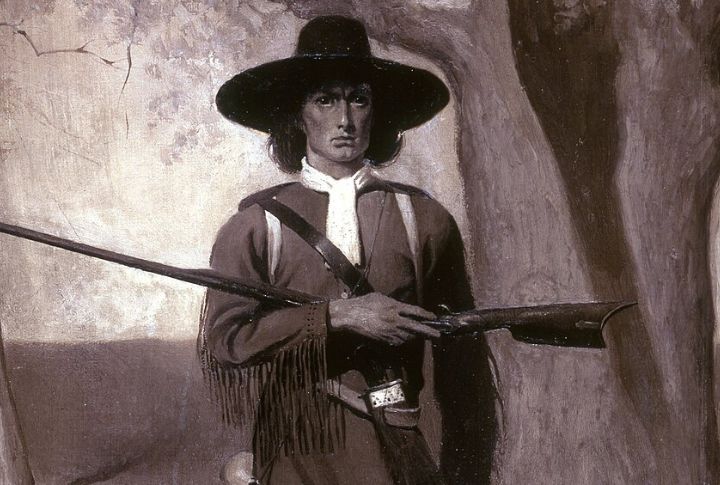
Hunting was vital, but he traded, farmed, led militias, and mapped trails. Daniel advised settlers and testified in court. His skill set was broad. Focusing solely on hunting shrinks a man who wore many hats, just not a raccoon one.
Killed A Bear When He Was Three
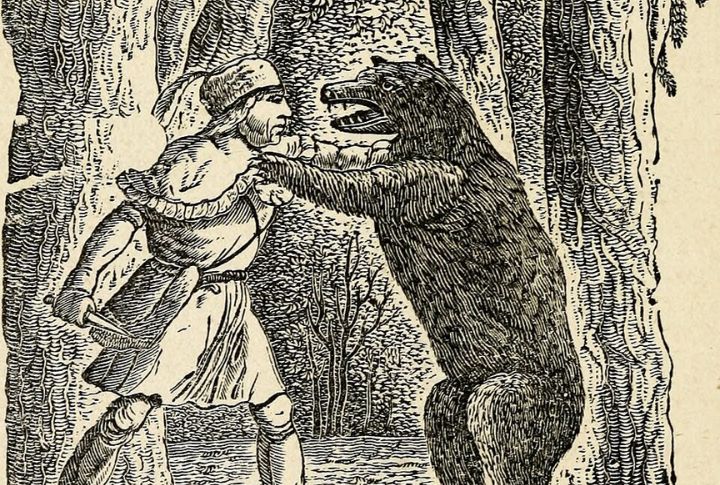
The popular song made Daniel sound like a prodigy, but bear-hunting at three? No way. His courage came from years of hardship, not nursery tales. His story didn’t need exaggeration; it was full of grit-earned respect.
Faded Into Irrelevance
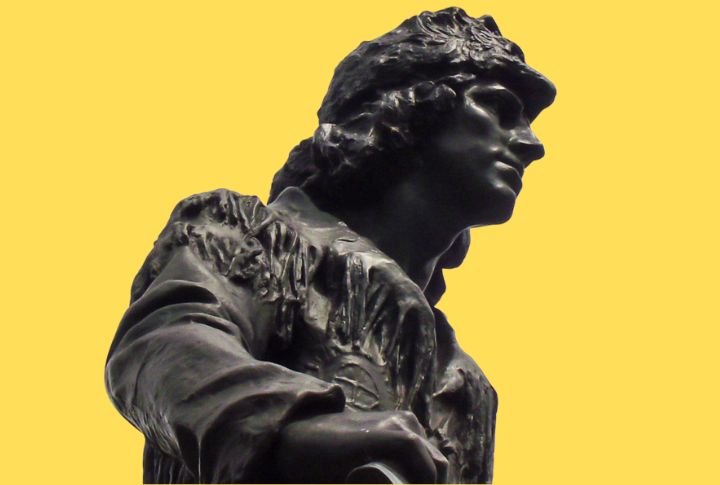
His legacy lasted long after his passing. Towns bear his name. Statues and parks honor his travels. Stories, real and exaggerated, circulated about his exploits. Far from irrelevant, Daniel remains a symbol of American persistence and complex identity.
Resented Civilization
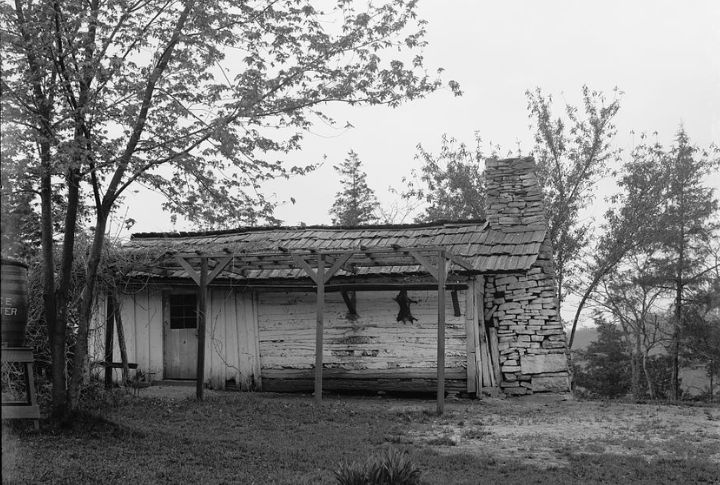
Daniel didn’t run from towns; he helped build them. He constructed forts, laid roads, and advised settlers. The idea of him dashing from civilization doesn’t reflect a man who built communities from the ground up.

